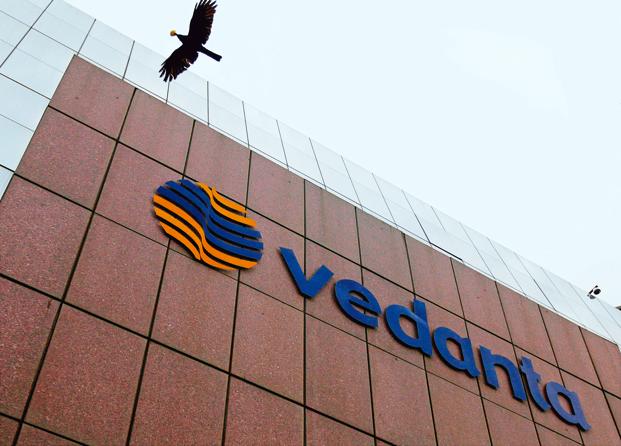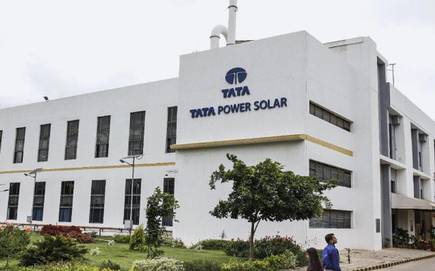
Vedanta has been at the forefront of sustainable practices and is leveraging new technologies to safeguard the environment and communities. Guided by the philosophy of `Zero Harm, Zero Waste, Zero Discharge’, the company is committed to extensive disclosure of its sustainability programs for all stakeholders.
In an endorsement of the Group’s strong commitment to Environment, Social and Corporate Governance (ESG) practices, Vedanta Limited has been included in The Sustainability Yearbook 2021 by S&P Global under two categories, “SAM Industry Movers” and “Sustainability Yearbook Member”. Vedanta’s subsidiary Hindustan Zinc has also found a place in this year’s edition.
The Sustainability Yearbook By S&P Global is one of the world’s most comprehensive publications that provides in-depth analysis on corporate responsibility. The Sustainability Yearbook considered over 7000 companies from 61 different industries this year, and Vedanta and Hindustan Zinc were ranked among 630 sustainability leaders who were selected after a rigorous process of assessments and ratings based on S&P Global ESG Scores.
Meanwhile, in line with Vedanta’s goal of greater environmental transparency and action, the company’s CDP score has improved from C to B-. During the past one year, the company’s CDP score has improved from D to B-. CDP uses the scoring methodologies to incentivize companies to measure and manage environmental impacts through participation in CDP’s climate change, forests, and water security questionnaires.
Vedanta is aligned with the recommendations made by the Task Force on Climate-related Financial Disclosures (TCFD) and is collaborating with the TCFD to develop good practices and standards for transparency. The target is to reduce 20% emission intensity by 2025 from our baseline year of 2012 through innovative technological solutions.
Vedanta Group CEO and Chief Safety Officer Sunil Duggal said: “Vedanta has an ambitious vision of `Zero Harm, Zero Waste and Zero Discharge’ across all its operations. We are currently on the journey towards achieving the vision through steps in asset optimization, industrial symbiosis, improved community relations and strategic Carbon agenda. Our practices within operations are aligned to SDG-12 on sustainable consumption and production. We are committed to doing business in the most sustainable way and it is wonderful that our efforts are being recognised globally.”
Manjit Jus, Global Head of ESG Research, S&P Global said: “We congratulate Vedanta Ltd and Hindustan Zinc for achieving a place in The Sustainability Yearbook 2021, which showcases the best performing companies among industry peers and in terms of financially material ESG metrics. With over 7,000 companies assessed, an inclusion in the yearbook is a true statement of corporate sustainability excellence.”
According to the Dow Jones Sustainability Indices (DJSI) ranking in the metals and mining sector, Vedanta is placed among the top 12 companies globally in 2020. The company’s sustainability ranking shows a three-year trend of continuous improvement. Hindustan Zinc and Vedanta have topped the DJSI rankings in the Asia Pacific region.
Vedanta is committed to substantially decarbonize its operations by 2050.The company is supportive of the Paris Agreement and has taken on carbon reduction goals in line with GOI’s Nationally Determined Contributions (NDC). The company has signed the Private Sector Declaration on Climate Change by voluntarily pledging to move towards carbon-neutrality.
Vedanta integrates sustainability principles into the operational structures of each of its businesses, which are aligned with global best practices to protect the environment, employees and communities at large. The company aims to deliver growth and long-term value while upholding sustainable development through its diversified portfolio of large, long-life and low-cost assets. The sustainable development agenda is built on four pillars – Responsible Stewardship, Building Strong Relationships, Adding and Sharing Value, and Strategic Communications – which are developed in line with UNGC’s 10 principles, United Nation’s SDGs and standards set by International Finance Corporation (IFC), ICMM and OECD.
";

.jpg)